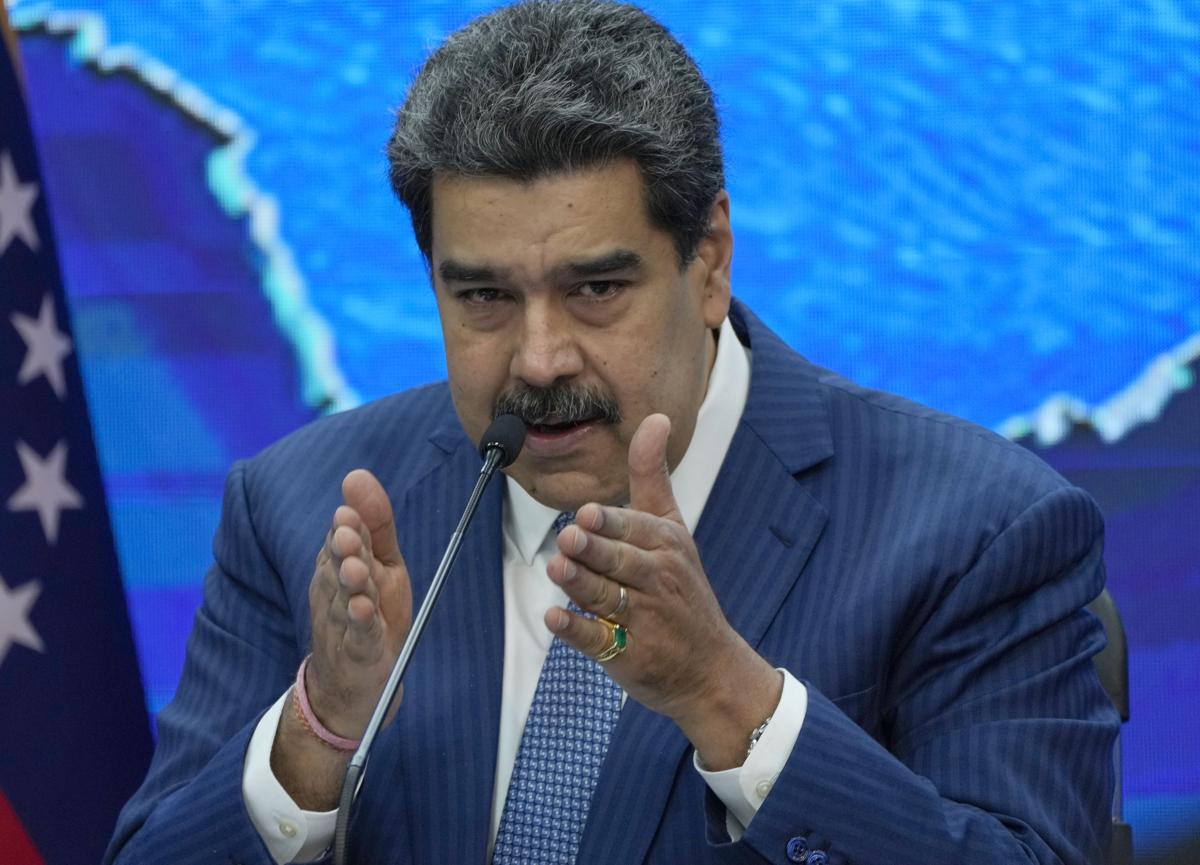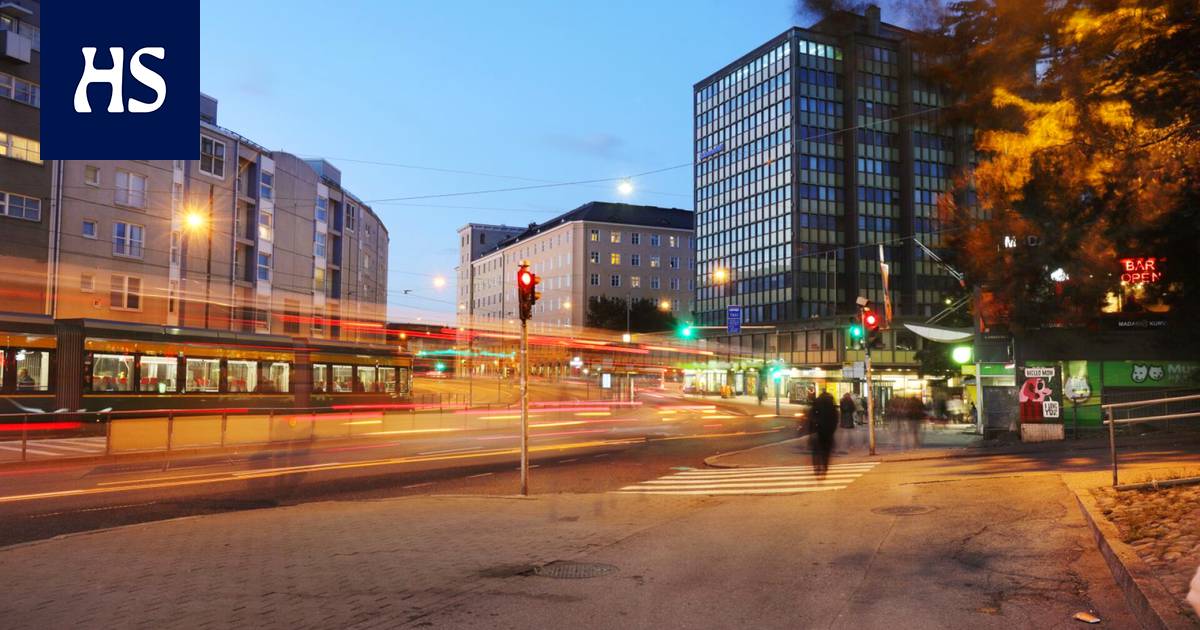The greatest sin of capitalism is its success in creating wealth. However, a market economy harnessed for climate policy is an effective and even necessary condition for the success of the fight against climate change.
Young people wonder if children can be raised in this world of climate crisis or climate emergency. Anxiety must be understood in the light of current prospects. World production is projected to nearly double by 2040. At current cost, this means increasing the use of fossil fuels and greenhouse gas emissions, as well as significant global warming.
Many people, tormented by global warming, need radical action to overthrow capitalism and make man less selfish. However, that road would be very long and difficult. In terms of the problem itself, time threatened to run out. And is capitalism the right address for the indictment? Yes and no.
True is that the market does not take into account externalities such as greenhouse gas emissions. On the other hand, in the former socialist countries, greater crimes were committed against the environment than in the West as a whole. In addition, in today’s corporate world, there are leaders committed to the climate crisis who are doing their best to reverse the course.
The greatest sin of capitalism is its success in creating wealth, and as a side effect of this, emissions are created. Original sin is also a market fundamentalist illusion that the market is an unreserved blessing. That is why American right-wing populists claim the climate crisis is a conspiracy of Chinese and Democrats.
The Republican victory in the next U.S. election could be a death blow to climate policy. The EU is a pioneer, but it cannot solve the crisis alone. The major emitters, China and the United States, must be brought to a common front with the EU, which in turn can push others to take the necessary action.
Pessimists believe that emissions cannot be decoupled from economic growth. It is therefore required to stop growth and turn it into a negative one. However, the problem is not economically and technically unsolvable – emissions have been reduced in the EU and Finland, for example. Greta Thunberg is right: the world has not taken real action to reduce emissions. It has been too difficult to agree on burden-sharing when many want to be free riders.
The main reason global warming is the accumulation of greenhouse gas emissions in rich countries. That is why rich countries must bear the main responsibility for control measures: this cannot be expected of people living in poverty.
There is also a need to share the burden of burden between different sections of the population within states. Taxing emissions and distributing the proceeds to citizens as equal carbon dividends may make sense in some countries.
There is reason to believe that global warming can be halted over time if sufficient investment is made in energy efficiency and renewable energy, as well as in carbon capture and storage. In addition, there is a need to invest in research and to adapt as quickly as possible to the global warming that is already taking place. Further large subsidies for fossil fuels should be cut urgently, even if the oil and coal industries oppose it through lobbying.
Helping African countries to implement adaptation measures and energy-efficient solutions would be a cost-effective way of combating climate change compared to rich countries operating only at home. Finland has a lot to offer in the fields of clean technology and forest policy.
A lot disregarded capitalism, despite its problems, could be of great help in resolving the climate crisis in addition to regulation. Greenhouse gas emissions need to be priced so expensive that there are strong incentives to reduce them. A market economy harnessed for climate policy is an effective and even necessary condition for the success of the fight against climate change.
As in the fight against the coronavirus pandemic, the problem of global warming can only be solved by policy. The problem is not a market economy, which at best is a good slave. Getting on the right track requires politics and, above all, political leadership at the global level. It should be found in the soon-to-be-launched Glasgow climate talks.
Despite indebtedness, the world should invest heavily in advancing climate policy. For, like The New Testament the protagonist could have said: what good is a person if he stops public debt but fails to take care of climate debt?
The author is a long-standing financial influencer.
.







